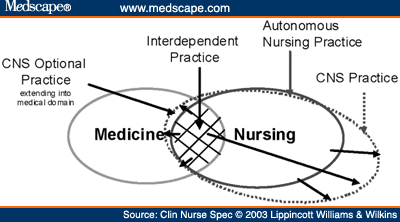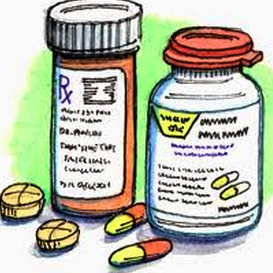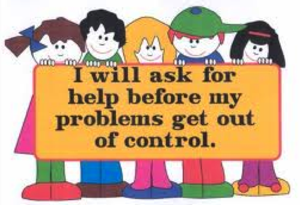Eating Disorders | Help me understand - Mental Health Help
- An eating disorder is an illness that causes serious disturbances to your everyday diet, such as eating extremely small amounts of food or severely overeating.
- A person with an eating disorder may have started out just eating smaller or larger amounts of food, but at some point, the urge to eat less or more spiraled out of control.
- Severe distress or concern about body weight or shape may also characterize an eating disorder.
- Eating disorders frequently appear during the teen years or young adulthood but may also develop during childhood or later in life.
Common eating disorders include anorexia nervosa, bulimia nervosa, and binge-eating disorder.
Eating disorders affect both men and women. For the latest statistics on eating disorders, see the NIMH website at http://www.nimh.nih.gov/statistics/index.shtml.
It is unknown how many adults and children suffer with other serious, significant eating disorders, including one category of eating disorders called eating disorders not otherwise specified (EDNOS). EDNOS includes eating disorders that do not meet the criteria for anorexia or bulimia nervosa. Binge-eating disorder is a type of eating disorder called EDNOS. EDNOS is the most common diagnosis among people who seek treatment.
Eating disorders are real, treatable medical illnesses. They frequently coexist with other illnesses such as depression, substance abuse, or anxiety disorders. Other symptoms, described in the next section can become life-threatening if a person does not receive treatment. People with anorexia nervosa are 18 times more likely to die early compared with people of similar age in the general population.
What are the different types of eating disorders?









